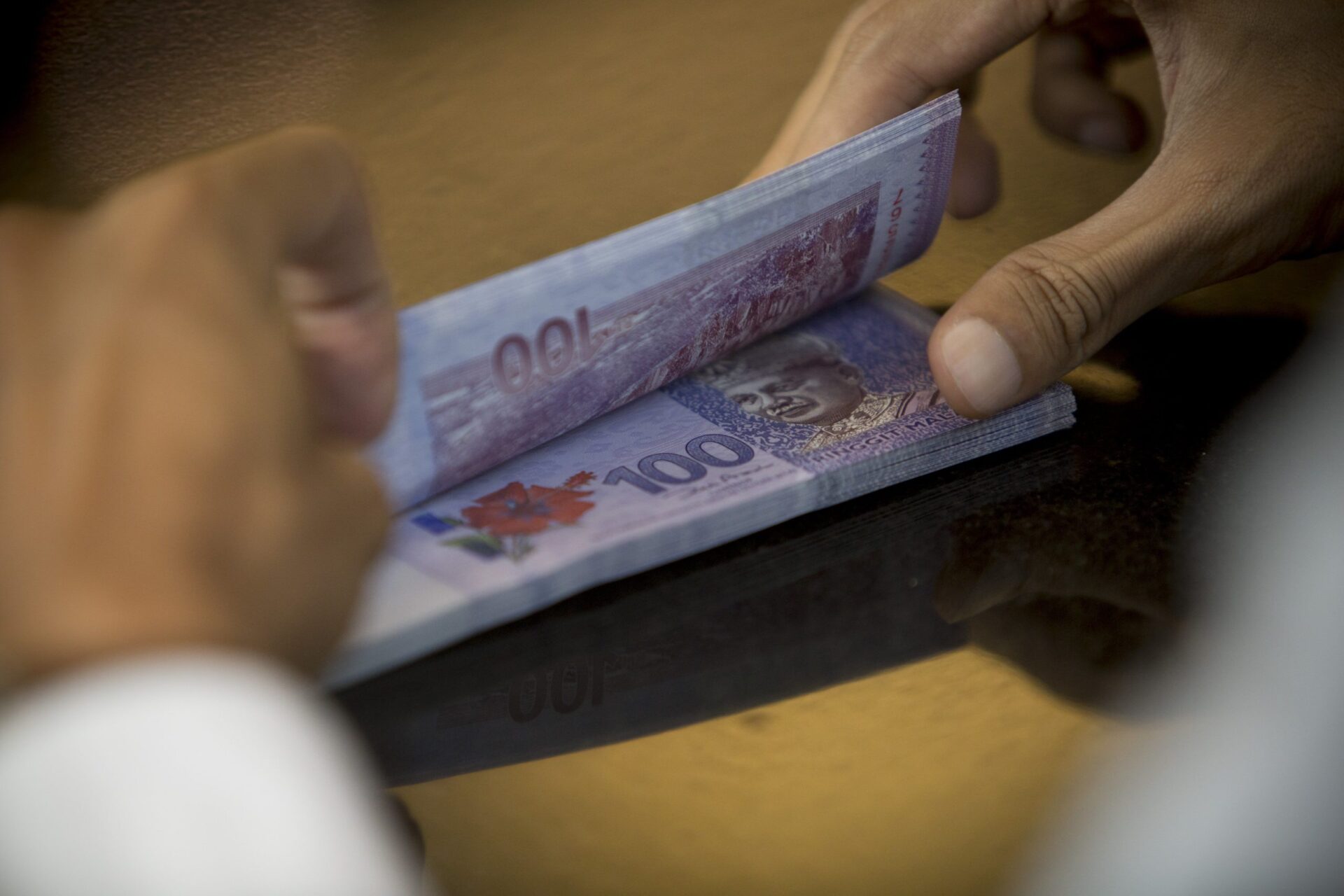- Nigeria’s N19tn Debt Profile Sustainable
The Director-General, Budget Office of the Federation, Mr. Ben Akabueze, has said that the country’s total indebtedness of N19.16tn is sustainable.
Akabueze stated this in Abuja during a panel discussion at the Times Breakfast monthly meeting.
Nigeria’s total debt had risen by N7.1tn in two years to N19.16tn as of March 2017.
The frequency of borrowing by the federal and state governments has become a source of worry to many analysts, who sound a note of caution that the country may be heading for another debt trap if restraint is not exercised.
According to the Economic Recovery and Growth Plan, Nigeria’s public debt has increased in recent years as the Federal Government has increased borrowing to finance budget deficits owing to declining revenue.
The country’s domestic debt profile, according to the document, is expected to rise by N2.34tn this year, while the foreign component is being projected to increase by N4.38tn.
But Akabueze maintained that the country’ debt profile was still within the globally accepted threshold.
He argued that rather than worry about the level of borrowing, the priority should be on how to shore up revenue that would enable the government finance its programmes.
He stated that the current level of revenue generation in the country was too small to fund an economy the size of Nigeria, noting that the country had one of the lowest tax to Gross Domestic Product ratio in the world.
Nigeria’s tax to GDP ratio is put at six per cent as against Ghana’s 20.8 per cent, 15.4 per cent in Benin Republic, 18.2 per cent in Cameroon, 23.2 per cent in Cape Verde, 15.3 per cent in Cote d’Ivoire, 15.8 per cent in Egypt and 26.9 per cent in South Africa.
Akabueze said, “As regards borrowing, whether our debt is sustainable, the answer is yes. The debt service ratio does not really speak to the excessiveness of the debt, but the real problem and we have to know where the problems is. It is with our revenues.
“Our revenues are way too low for the size and potential of this economy and that is why we have the lowest tax to GDP ratio in the whole continent. We are right there at the bottom globally simply because people are not paying taxes and we also have to ensure that even what people pay does not leak and it is properly accounted for.
“That’s what we need to deal with; if we pay the revenues and the denominator grows then the resultant ratio grows; but if we start tackling the tax to GDP ratio and we don’t go through a proper diagnosis, we will end up in the wrong direction.”
The ERGP states that the focus of the government’s debt will be shifted from domestic borrowing to foreign sources, as loans from international financial institutions are cheaper and have longer repayment periods.

 Forex3 weeks ago
Forex3 weeks ago



 Naira2 weeks ago
Naira2 weeks ago
 Billionaire Watch2 weeks ago
Billionaire Watch2 weeks ago




 Naira2 weeks ago
Naira2 weeks ago






 Naira4 weeks ago
Naira4 weeks ago




 Naira2 weeks ago
Naira2 weeks ago


 Naira1 week ago
Naira1 week ago






 Naira4 weeks ago
Naira4 weeks ago






















